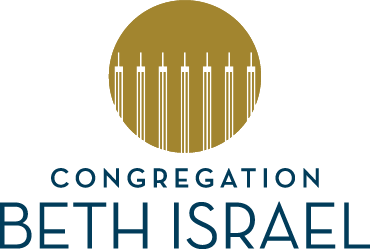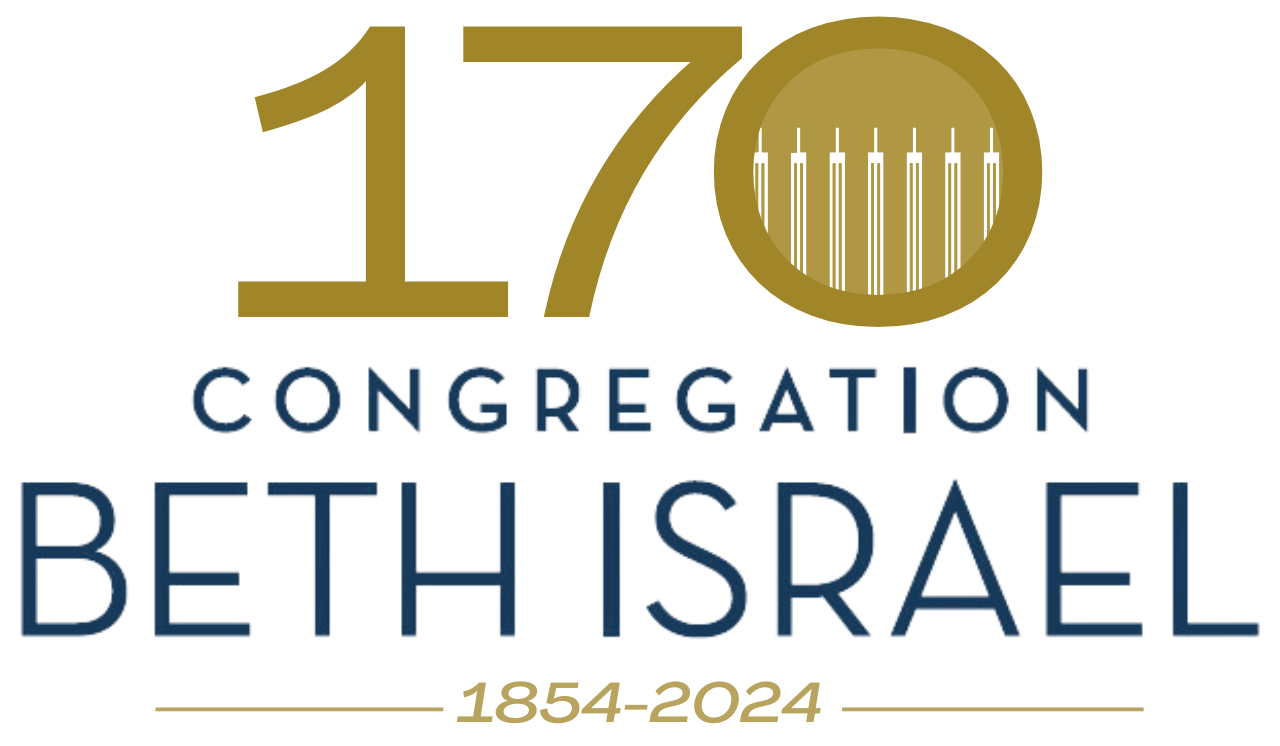Israel Matters

Israel Matters
From the desk of Rabbi David Lyon
Suddenly, the calls and emails stopped. As the cease-fire held in the Middle East, and other news filled the headlines and newsfeeds, everyone’s heads turned in a new direction. Out of sight is out of mind, but it isn’t; not for those of us who understand what’s at stake and why.
In response to the crisis, a group of local rabbis and imams wrote a joint statement to address shared concerns and mutual goals for two peoples in the Middle East, and here at home. Perhaps you read it. It was signed by more than 50 local rabbis and imams, including me. It was right in every way except one. To me, the omission, which I pointed out to our local rabbis, was the absence of the word “Israel.” The statement used the word “Holy Land,” which is an acceptable term that many of us use. But the core of the crisis is reflected in Israel’s foes (not impugning our local Muslim leaders) who won’t recognize Israel as a sovereign state and who chant, “From the river to the sea!” The reference is to the Jordan River and the Mediterranean Sea, and it means that the Jews should be driven from all the land we call Israel. According to Professor Eytan Gilboa, while the U.S. favors “a two-state solution, it won’t happen until the Palestinians recognize Israel as a Jewish state. This is critical because it has been the No. 1 obstacle on the road to peace.”
The conflict of past leaders doesn’t have to be the conflict of present and future generations. Young Palestinians want a future founded on freedom to live, to choose, and to breathe. They won’t find it in the hands of Hamas, a proxy for Iran and a terrorist organization, which prompts crises in the Middle East with missiles launched into Israel; they won’t find it in the hands of the Fatah, whose West Bank leadership is failing to provide hope; and they certainly won’t find it in a West Bank ruled by Hamas, as it rules in Gaza. The Abraham Accords, though not perfect, demonstrate that war can be avoided through economic arrangements that serve mutual needs, in this case, a wall of strength against Iran’s nuclear goals, which threaten Israel and the region.
I value the relationship that I have with Imams and other Muslim leaders in Houston, and I respect my rabbinic colleagues who share these tender relationships, too. However, I’m obviously concerned that if we can’t speak objectively about facts on the ground, then we’re repeating a false narrative. Hard truths can be uncomfortable, but they can still present an opportunity for reconciliation and peace.
The headlines will change, but our congregation’s commitment to facts, understanding, and advocacy will remain constant. In recent days, Rabbi Aaron Sataloff and David Scott organized a conversation for young adults on these subjects. It was well-attended, in-person, hosted by Martha Barvin, and underwritten by the Joan and Stanford Alexander Israel Programming Fund. For more information on Israel advocacy, check our website for resources on news about Israel, and anticipate a High Holy Day sermon on Israel matters in September.
For now, may the peace that the region has come to know endure. Let no lives be counted as more valuable than others, and may Israel know peace on all its borders.
L’Shalom,
![]()
